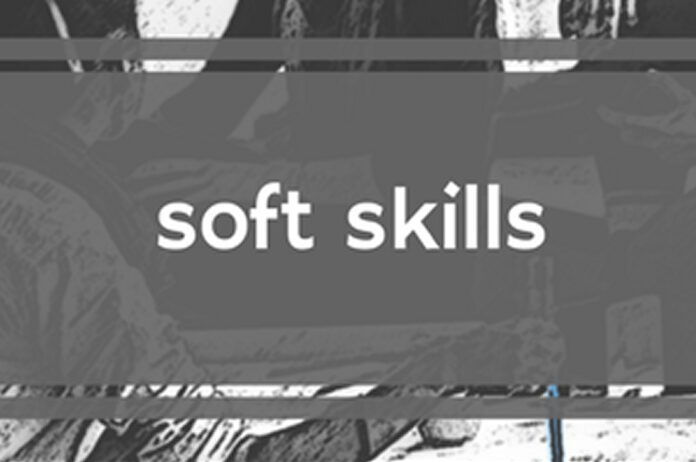In today’s globally interconnected world, the demand for soft skills has skyrocketed. The skills include:
Employ-ability: Skills: Finding and Making Sense if Job Adverts, writing a Compelling vitae (CV), Writing a cover Letter, Tactics for succeeding at a job Interview…Business Skills; How to Develop a Business Idea, Skills for Starting and Building a Business, Business Market Survey. Life Skills: Managing Personal Money, Skills for Resilience, Living with Purpose, Skills for Healthy Living, Self-Knowledge, Skills for Behavior Change, Discipline, Good Habits, Courtship and Marriage.
Soft skills and hard skills are two distinct categories of skills that individuals possess and bring to the workplace. Hard skills refer to specific technical knowledge, expertise, and abilities that are learned and can be measured objectively. These skills are typically acquired through formal education, training programs, or certifications. Examples of hard skills include proficiency in programming languages, operating machinery, accounting principal, or graphic design software.
On the other hand, soft skills are interpersonal, social and emotional skills that are more difficult to measure and quantify. They are typically related to a person’s behavior, attitude, and ability to effectively interact with others. Soft Skills include communication, teamwork, problem-solving, adaptability, leadership, empathy, and time management. These skills are transferable and can be applied across various industries and job roles.
While hard skills are necessary for performing specific tasks and functions, soft skills are equally essential for fostering collaboration, building relations, adapting to different situations. Hard skills may get someone hired, but it is often soft skills that determine their long-term success and ability to thrive in the workplace.
Some Challenges and Solutions;
To address the challenges hindering the appreciation of soft skills in Uganda, the following solutions can be implemented:
Revise the education system: Update curricula to incorporate practical application, experimental learning, and soft skills development.
Increase awareness: Conduct awareness campaign to educate stakeholders about the value and practical application of soft skills.
Foster collaborations: Establish partnerships between educational institutions and employers to align curriculum design with industry needs and integrate soft skills development.
Allocate resources: Provide adequate funding for training programs, infrastructure upgrades, and the recruitment of qualified trainers.
Culture shift: Promote a cultural shift that values and appreciates soft skills by showcasing success stories and challenging traditional norms.
















